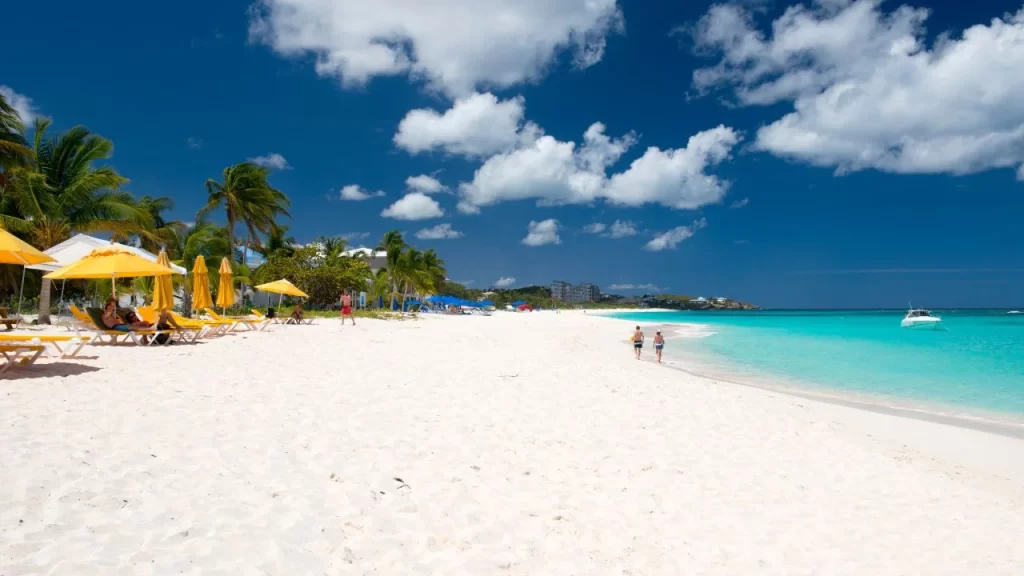
Tucked away in the blue embrace of the Caribbean Sea, Anguilla entices visitors with its clear waters, warm beaches, and a tranquil atmosphere that seems to ebb and flow.
This little island is known as a sanctuary for people looking for a dreamy getaway and is a charming British Overseas Territory. But amid all the tropical splendor, there’s the concern of safety, which should always come first for any traveler.
Compared to other places in the area, Anguilla is renowned for having a low crime rate. The island’s dedication to guaranteeing the safety of its citizens and guests is demonstrated by its visible and proactive police force, and violent crime is especially rare.
Operating under British law, the island focuses on preserving political stability and benefits from a familiar legal framework that heightens feelings of security.
Anguilla provides a strong healthcare system that satisfies international standards for individuals experiencing health concerns. The fact that medical facilities are adequately equipped to meet the demands of visitors might provide them with comfort.
Furthermore, the island‘s road system is largely dependable and provides a variety of travel choices for exploration, even though driving on the left side of the road necessitates a certain amount of caution.
In this examination of Anguilla’s safety environment, we will go into the specifics of crime rates, political stability, medical facilities, and traffic safety.
This will give potential visitors a thorough picture of the island’s offerings for those looking to enjoy the allure of this Caribbean gem without sacrificing their safety.
Is Anguilla Safe: Crime rate in Anguilla
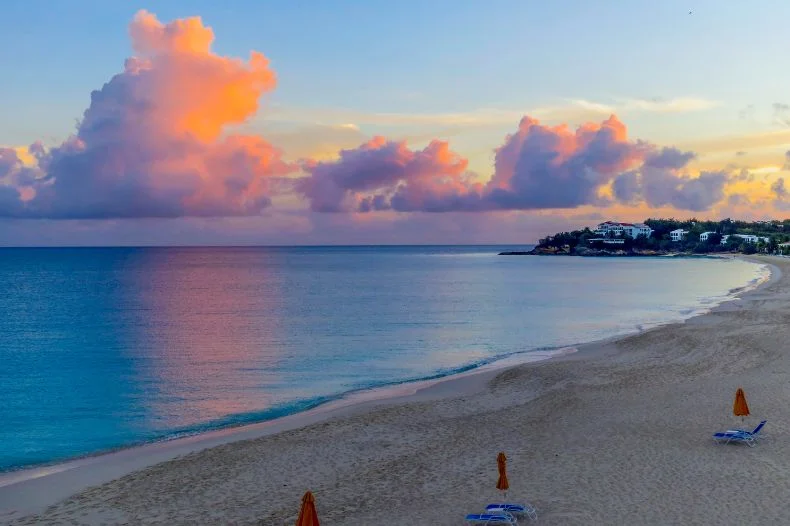
Anguilla’s reputation as a safe refuge for vacationers is bolstered by its comparatively low crime rate when compared to numerous other places. The safety of both locals and visitors is given top priority by the government, and violent crimes are rare on the island.
Pick-pocketing and other small-time crimes like theft can happen, especially in popular tourist locations. Common sense precautions are urged for travelers, such as locking up their possessions and staying away from remote regions at night. Even though these events are rare, staying watchful lowers the possibility of dangers.
The visibility and proactive nature of the local police force enhance the general safety of the island. The goal of law enforcement is to uphold the status quo and react quickly to any reported incidents.
The island‘s dedication to political stability and its status as a British Overseas Territory, subject to British law, further contribute to the feeling of security by offering a strong legal framework.
Visitors must stay up to date on local conditions and heed any travel warnings issued by reputable authorities. Although Anguilla is generally a safe place to be, unanticipated things can happen anyplace.
A secure experience is facilitated by having emergency contact information, knowing the location of the closest embassy or consulate, and keeping current with safety regulations.
Even though Anguilla has a low crime rate, visitors should be wary of small-time crimes. The island’s aggressive safety measures, conspicuous police presence, and dedication to political stability all work together to provide a secure atmosphere for visitors exploring its captivating scenery.
Types of crimes prevalent in Anguilla
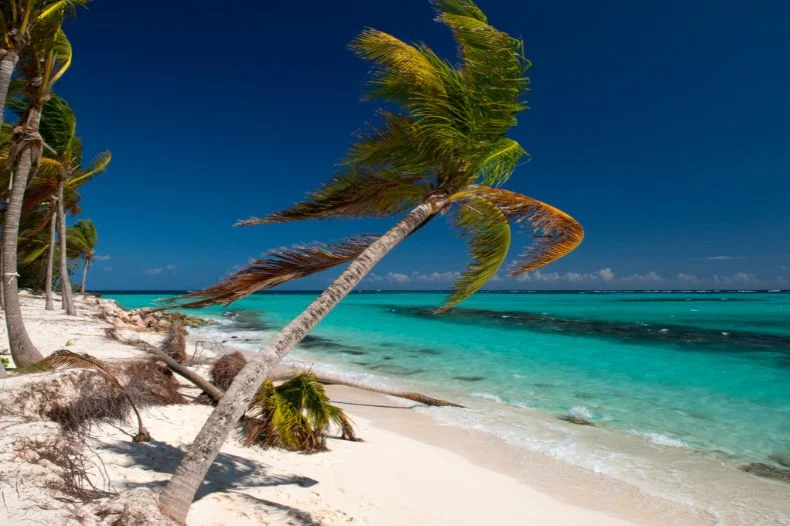
Although Anguilla has a usually low crime rate, criminal activity does occur there, just like it does anywhere else. The most common, usually non-violent categories of crimes in Anguilla are as follows:
Petty Theft: Sporadic cases of theft or pickpocketing in popular tourist destinations highlight the significance of travelers protecting their personal property.
Burglary: While rare, there may be lone instances of residential or business burglaries.
Fraud: Tourists may be the subject of scams or fraudulent acts, which emphasizes the significance of exercising caution when making financial transactions.
It is important to remember that violent crimes are uncommon on the island, which helps to explain Anguilla’s general reputation as a secure travel destination.
A secure atmosphere is facilitated by the diligent efforts of the local authorities, namely the Royal Anguilla Police Force, to ensure public safety.
By being aware of their surroundings, adhering to safety recommendations, and keeping up to date on local conditions, travelers can improve their safety.
Even if Anguilla’s crime rate is primarily low, it’s nevertheless advisable to take some common sense safety precautions to guarantee a safe and happy vacation to this Caribbean paradise.
Safety measures in Anguilla
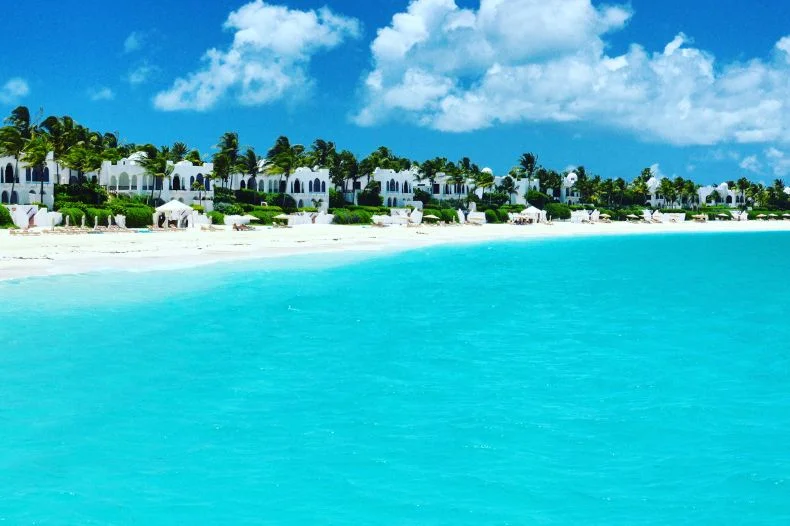
Travelers should take a few safety precautions to guarantee a fun and safe trip to Anguilla:
Protect Your Property: To avoid pickpocketing and small-time theft, keep your personal property secure and remain alert in busy areas.
Remain Updated: Stay informed about local conditions, weather reports, and any official travel advisories.
Emergency Contacts: Keep a list of contacts for local authorities, embassy or consulate information, and your lodging’s contact data close at hand.
Health precautions: Put your health first by getting travel insurance that pays for medical costs and thinking ahead about getting any required vaccinations before departing.
Road Safety: When driving, follow the laws of the local traffic jurisdiction and exercise caution, particularly if you’re not used to driving on the left side of the road.
Respect Local Customs: To ensure a peaceful relationship with the community, familiarize yourself with and abide by the local laws and customs.
Security of Accommodations: Select trustworthy lodgings and keep valuables in the in-room safes. When disclosing personal information, exercise caution.
Nighttime Safety: When exploring after dark, stay away from dimly lit or remote regions and stick to well-traveled paths.
Stay Hydrated: Considering the tropical weather, be hydrated and wear sunscreen to shield yourself from the sun’s rays.
COVID-19 Precautions: Comply with all COVID-19 rules and regulations, such as mask wear and social separation.
You can improve your general safety while traveling and take advantage of Anguilla’s natural beauty and quiet by including these safety precautions in your itinerary.
Law Enforcement And Emergency Services
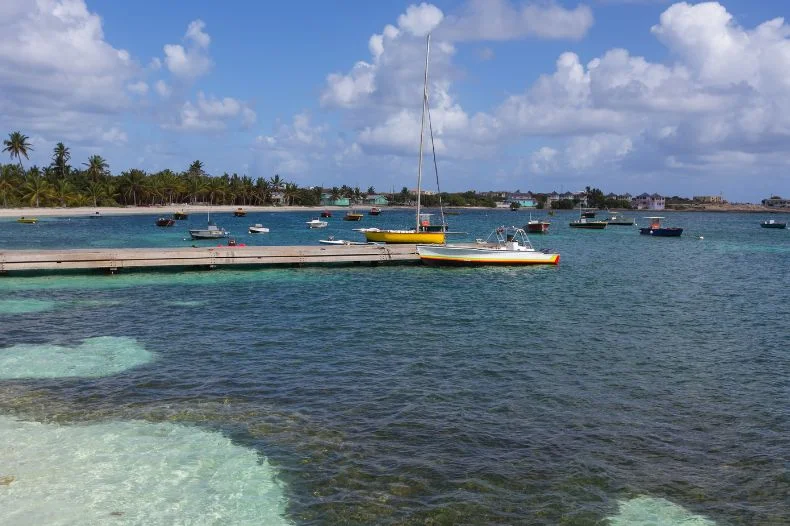
Law enforcement and emergency services are essential to preserving public safety and handling a variety of emergencies in Anguilla. Here’s a summary:
Royal Anguilla Police Force: RAPF is in charge of upholding the law on the island. They protect the public’s safety, look into crimes, and help locals and guests. The presence and proactive nature of the police add to the general feeling of safety.
Emergency Contact Numbers:
Police Emergency: 911
Ambulance: 911
Fire Department: 911
Travelers should familiarize themselves with these emergency numbers and contact them in case of any urgent situations.
Healthcare Services: Anguilla boasts medical facilities that are up to international standards and are well-equipped. The primary medical facility on the island is the Princess Alexandra Hospital. To meet a range of medical demands, there are also private medical clinics.
Emergency Medical Services (EMS): The emergency contact number (911) can be used to contact EMS in the event of a medical emergency. They offer prompt assistance and conveyance to healthcare establishments.
Search and Rescue: The Coast Guard of Anguilla is in charge of conducting search and rescue operations, working with partners both domestically and abroad. They are essential to maintaining the island’s maritime safety.
Disaster Preparedness: Because Anguilla is susceptible to hurricanes and other natural catastrophes, it has put in place reaction and preparation systems. During such incidents, the local authorities try to give support and information in a timely manner.
Travelers should always have their emergency contact information on hand, along with the specifics of the nearest embassy or consulate. It’s also a good idea to find out about any special safety instructions or warnings before and during your trip to Anguilla.
Overview of Health Facilities
Anguilla has state-of-the-art medical facilities that meet international standards, guaranteeing residents and guests access to high-quality healthcare.
The Princess Alexandra Hospital, which is the main medical facility, is situated in The Valley, the capital of the island. This hospital offers a variety of medical services, such as general medical treatments, surgery, and emergency care.
Private medical practices and clinics offering a range of health services can be found all around the island in addition to the hospital. Both normal and emergency medical needs are met by these facilities. International training is common among Anguilla’s medical personnel, raising the country’s overall healthcare standard.
While regular medical requirements may usually be met locally, medical evacuation to neighboring islands with more comprehensive medical facilities may be considered for more difficult cases or specialized treatments.
Having travel insurance that pays for medical costs is advised for tourists. This guarantees financial security if unforeseen medical problems arise during the visit. To protect against illnesses spread by mosquitoes, vaccinations and preventative measures including applying insect repellent are also advised.
All things considered, Anguilla’s healthcare system is solid, providing dependable services to uphold locals’ well-being and give guests the attention they require.
Environmental Hazards To Be Aware Of
Although Anguilla is a relatively safe place to visit, travelers should be mindful of any potential environmental risks that are frequently connected to tropical climates. These could consist of:
Hurricanes: Because Anguilla is located in the hurricane belt, June to November is normally when the hurricane season occurs. During this time, visitors should keep themselves updated about the weather and heed any advice or evacuation orders issued by local authorities.
Sun Exposure: The sun may be very strong in the Caribbean. To prevent sunburn and dehydration, visitors should wear protective clothing, apply sunscreen, and maintain hydration.
Mosquito-Borne Illnesses:Despite the low danger, travelers should take preventative measures to avoid mosquito bites in order to lessen the possibility of mosquito-borne illnesses like Dengue, Chikungunya, or Zika spreading. This includes dressing in long sleeves and slacks and using bug repellent, especially in the morning and evening.
Reefs: The coral reefs of Anguilla are delicate ecosystems. When snorkeling or diving, visitors should take precautions to prevent harming the reefs. To save the undersea ecosystem, sunscreen that is safe for reefs must be used.
Beach Safety: Although Anguilla has beautiful beaches, guests should be mindful of the possibility of rip tides and strong currents. When in doubt, ask lifeguards for advice on safe swimming locations and pay heed to caution flags.
Dehydration: High temperatures might result from the tropical climate. Drinking lots of water will help you keep hydrated, especially if you’re doing outside activities.
Terrain & Wildlife: There may be difficult terrain in some places, and it’s possible to come across native species like sea turtles or iguanas. When approaching wildlife, visitors should be cautious and keep a respectful distance.
Visitors can minimize potential environmental concerns while still enjoying the beauty of Anguilla by being aware and adopting the required precautions. A safe and pleasurable stay on the island can also be achieved by following local regulations and consulting with officials.
Conclusion
To sum up, Anguilla is a reasonably safe place for tourists looking for a peaceful Caribbean getaway. A secure atmosphere is a result of the island‘s low crime rate, noticeable law enforcement presence, and dedication to political stability.
Even though small-time crimes like stealing could happen, taking sensible safety steps makes one safer. Anguilla’s dedication to the health and welfare of its citizens and guests is demonstrated by its state-of-the-art medical facilities, compliance with international standards, and availability of qualified medical personnel.
It is advised that travelers carry travel insurance, keep up with local conditions, and adhere to safety regulations. Environmental risks should be handled cautiously and with understanding, including sun exposure and hurricane season.
A positive and safe experience on this Caribbean jewel is further enhanced by responsible tourism activities, such as using sunscreen that is safe for the reef and showing consideration for the local fauna.
Ultimately, tourists to Anguilla may enjoy its immaculate beaches, colorful culture, and quiet ambiance with confidence in their well-being if they remain alert, respect local customs, and incorporate safety measures into their planning.
